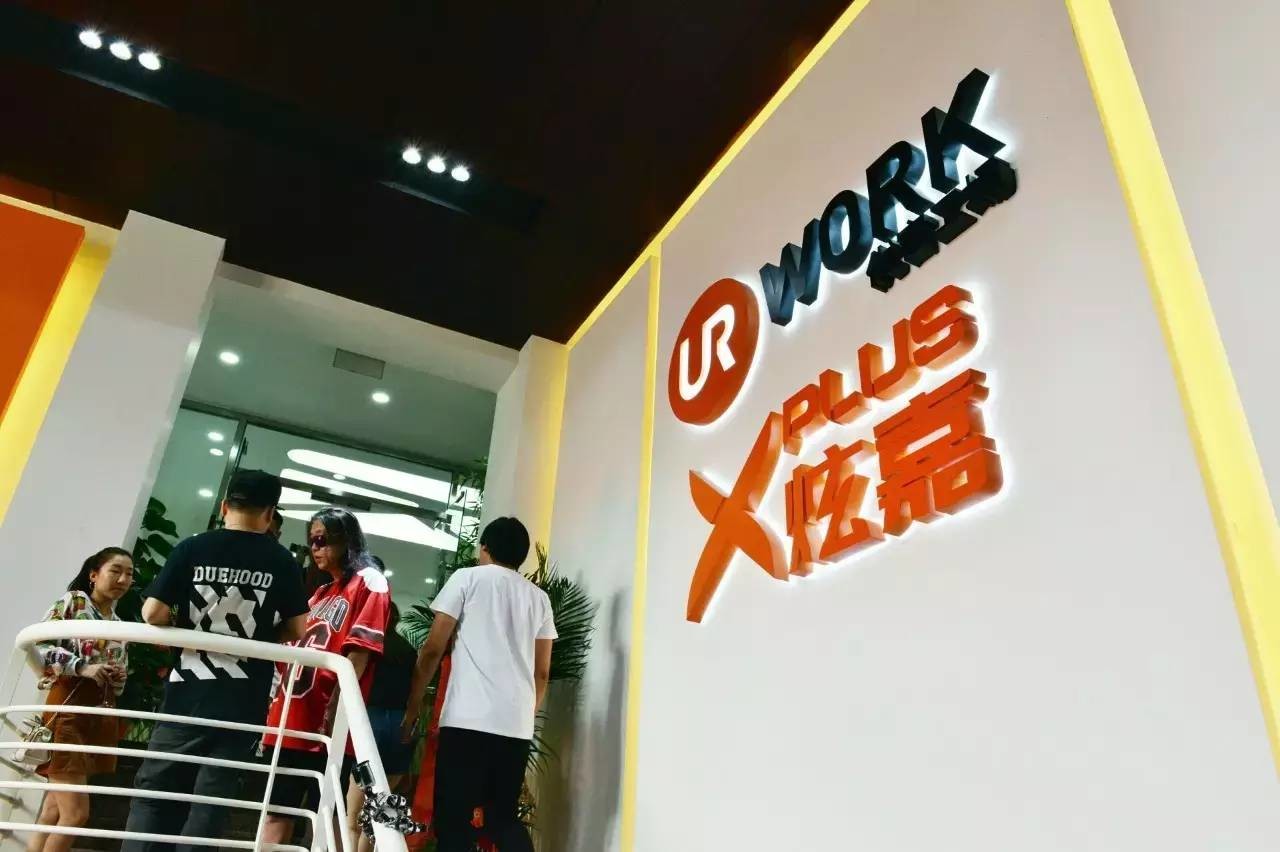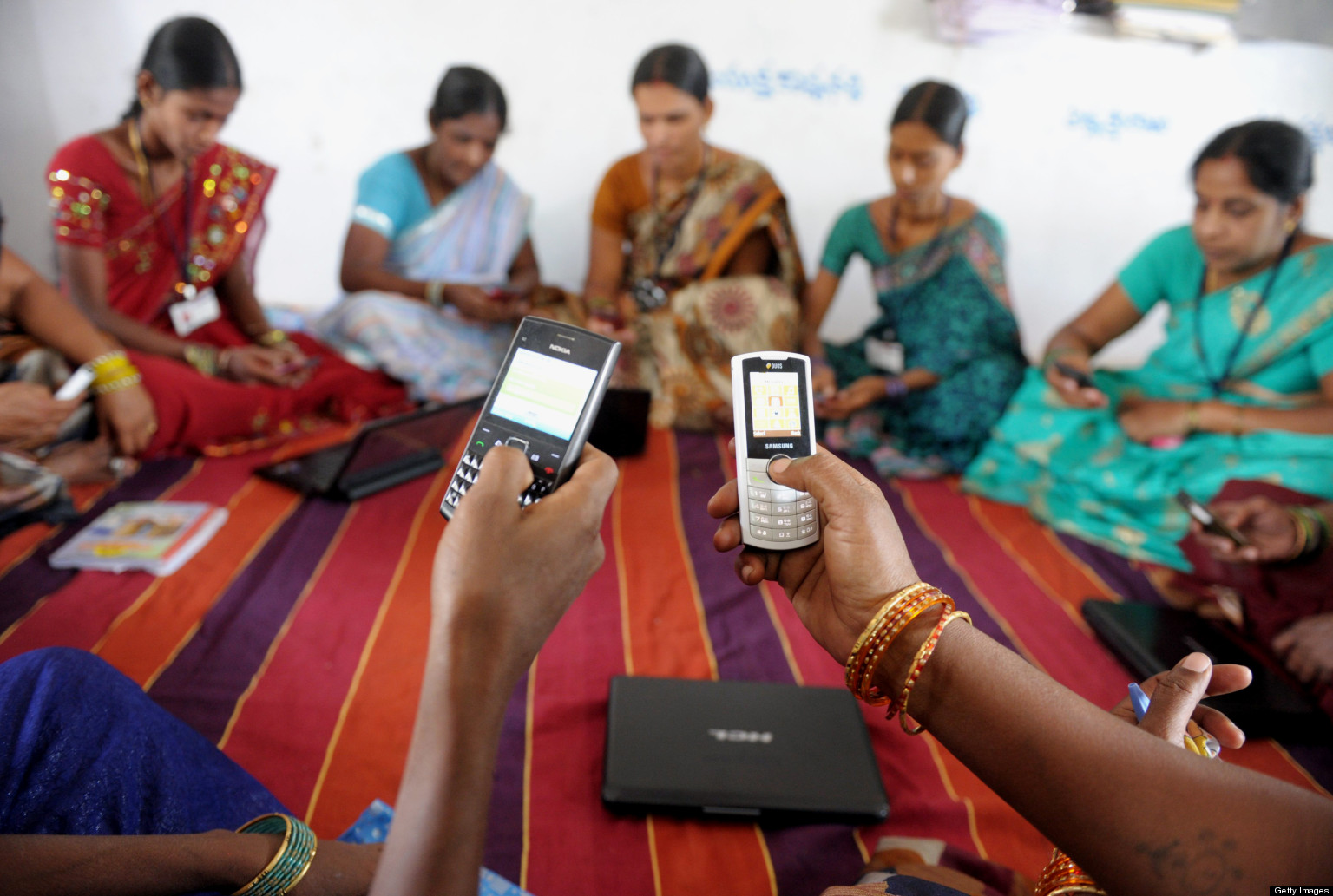Startup
-

Chinese UrWork raises US$58 million series B from Tianhong Asset Management and others
China’s co-working space provider, UrWork has recently completed a series-B fundraising worth RMB 4 billion (about US$58 million) from Tianhong Asset Management, Junfa Group and other Chinese companies. This latest fundraising pushes the Chinese firm’s…
-

Indian telecommunications firm Tikona Digital gets US$171 million loan from US govt agency
Tikona Digital Network has received a US$171 million commercial loan from Overseas Private Investment Corporation on Tuesday. This latest proceeds will be used for market expansion.
-

Indonesian HR tech startup Ekrut raises seed funding from East Ventures to shorten headhunting process
Jakarta-based Ekrut has today raised a seed funding from East Ventures which will be used to make the headhunting process shorter.
-

Vietnamese e-commerce startup LeFlair secures US$1 million funding led by Caldera Pacific
Vietnamese e-commerce startup LeFlair secures US$1 million funding led by Caldera Pacific. The latest proceeds will be used to expand the brand range available to the Vietnam consumers.
-

Fortune Capital-backed furniture maker HomeKoo targets RMB1.8 billion in ChiNext IPO
Chinese customised manufacturer HomeKoo is going for an IPO to raise RMB1.8 billion (about US$261 million), where about RMB111 million will be invested in a Foshan project to create a dedicated modern logistic center.





